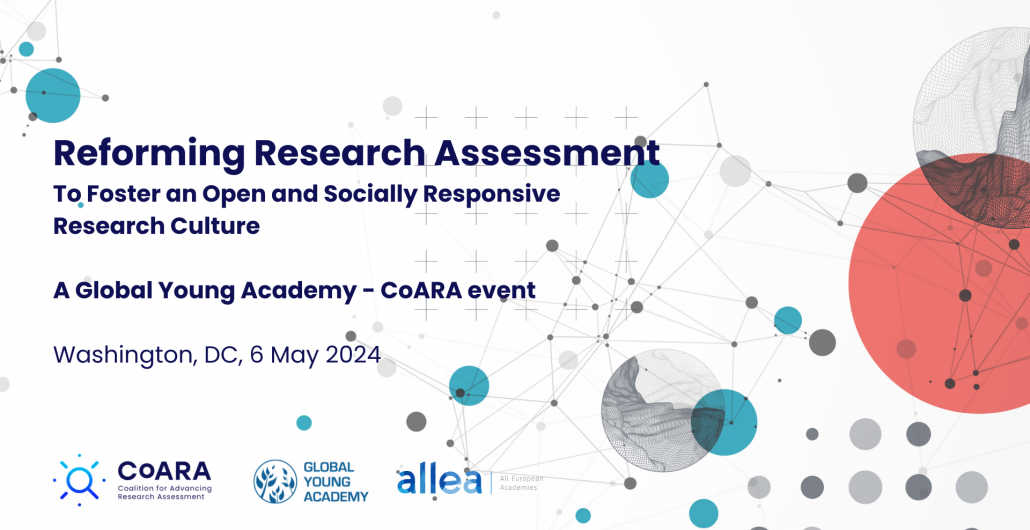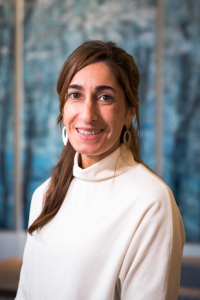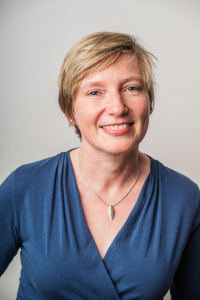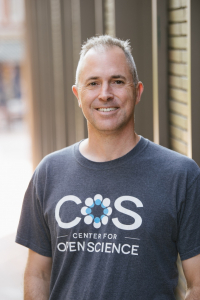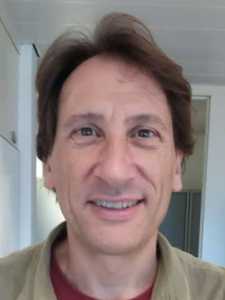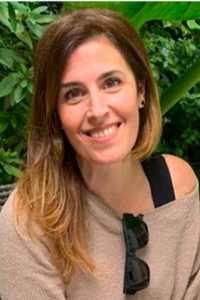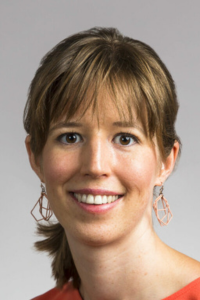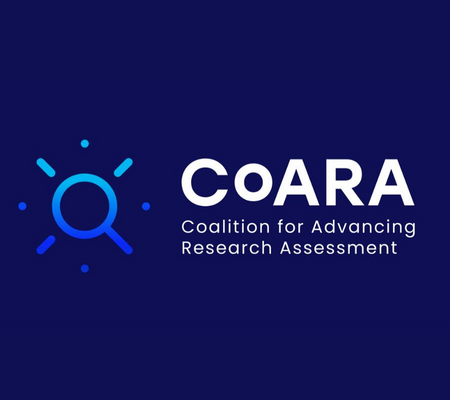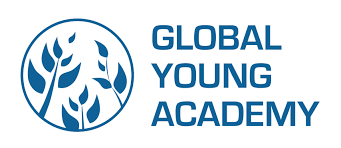Reforming Research Assessment to Foster an Open and Socially Responsive Research Culture
Current research assessment practices perpetuate a ‘publish or perish’ culture, prioritising quantity over quality, and prestige over integrity. Efforts such as the Declaration on Research Assessment (DORA), the Latin American Forum on Research Assessment (FOLEC-CLACSO), and the Coalition for Advancing Research Assessment (CoARA) seek to reform this system, promoting openness, integrity, and equity.
In collaboration with the Global Young Academy (GYA) and ALLEA, CoARA – as part of the CoARA Boost project – will host an event to discuss the reform of research assessment at the National Academy of Sciences, Engineering, and Medicine (NASEM) in Washington, DC (USA). Experts in Open Science and research integrity will explore transformative initiatives, their progress, and implications for early-career researchers, among other relevant issues.
Join us for this important dialogue on reshaping research culture and ensuring inclusivity in reform efforts.
Speakers
Luciana Balboa – moderator
Steering Board Member, CoARA
Dr Luciana Balboa is an Infectious Diseases researcher at the Instituto de Medicina Experimental (IMEX – Institute of Experimental Medicine), which belongs to CONICET (Consejo Nacional de Investigaciones Científicas y Técnicas – Academia Nacional de Medicina) in Buenos Aires, Argentina. Her team aims to contribute to the improvement of our basic knowledge of the immune response against Mycobacterium tuberculosis, the causative agent of tuberculosis. She created the first French-Argentine International Associate Laboratory dedicated to the study of tuberculosis, especially in the context of HIV co-infection. In addition, she is a member of the Global Young Academy, co-chairs the Young Academy of Argentina, and is a member of the executive committee of IMEX at CONICET. She has recently joined the board of CoARA.
Véronique Kiermer
Chief Scientific Officer, Public Library of Science (PLOS); Member, US National Academy of Sciences Strategic Council on Research Excellence, Integrity, and Trust
Véronique Kiermer is the Chief Scientific Officer at PLOS, where she oversees the editorial department and the development of solutions to promote Open Science. Dr Kiermer has a PhD in molecular biology from the Université Libre de Bruxelles, Belgium. She was a postdoc in the laboratory of Dr Eric Verdin at the Gladstone Institutes (USA), after which she worked in biotechnology research and development (R&D) for gene therapy projects in the San Francisco Bay Area. She moved into publishing in 2004, first as the founding Chief Editor of Nature Methods, then as the Executive Editor for the Nature portfolio, before joining PLOS in 2015. She’s a proud alumnus of the ORCID Board, and she currently serves on the Board of Directors of Keystone Symposia, the Scientific Advisory Board of the EMBL-EBI Literature Services & Biostudies, and the NISO CRediT Standing Committee. Since 2021, she has been a member of the US National Academy of Sciences Strategic Council for Research Excellence, Integrity, and Trust.
Brian Nosek
Co-founder and Executive Director, Center for Open Science
Brian Nosek co-developed the Implicit Association Test, a tool that greatly increased research and public interest in implicit bias. Dr Nosek co-founded three non-profit organisations: Project Implicit to advance research and education about implicit bias, the Society for the Improvement of Psychological Science to improve the research culture in his home discipline, and the Center for Open Science (COS) to improve rigour, transparency, integrity, and reproducibility across research disciplines. Dr Nosek is the Executive Director of COS and a professor at the University of Virginia. His research and applied interests are to understand why people and systems produce behaviours that are contrary to intentions and values; to develop, implement, and evaluate solutions to align practices with values; and to improve research credibility and cultures to accelerate progress.
Ismael Ràfols
UNESCO Chair on Diversity and Inclusion in Global Science, Leiden University
Ismael Ràfols leads the UNESCO Chair on Diversity and Inclusion in Global Science at Leiden University’s Centre for Science Technology Studies (CWTS) in the Netherlands. He works on evaluation and science policy with approaches aimed at fostering epistemic pluralism, broadening participation, and widening the distribution of the benefits from science. Dr Ràfols has been involved in policy initiatives related to ‘responsible research assessment’, such as the implementation of UNESCO’s Open Science Recommendations, and in discussions on biases against research topics from the Global South in assessment and databases. He received an MSc in Science and Technology Policy from SPRU (Sussex University, UK), a PhD in biophysics from Tohoku University (Sendai, Japan) and was a postdoc in nanobiotechnology at Cornell University (USA).
Laura Rovelli
Coordinator, Latin American Forum for Research Assessment – Latin American Council of Social Sciences
Laura Rovelli coordinates the Latin American Forum for Scientific Evaluation (FOLEC, in Spanish) at the Latin American Council of Social Sciences (CLACSO), and since 2022, she has been a member of the Executive Board of the San Francisco Declaration on Research Assessment (DORA). She holds a PhD in Political Science, conducts research at the National Scientific and Technical Research Council (CONICET), and serves as a professor at the National University of La Plata in Argentina.
Karen Stroobants
Steering Board Member, CoARA
Dr Karen Stroobants is a policy adviser and consultant on research policy and strategy, with a specific focus on research culture. She combines roles as director of CultureBase Consulting and as lead policy advisor on research landscape & economy at the Royal Society of Chemistry. She was part of the team that drafted the Agreement on Reforming Research Assessment (ARRA) and is a Vice-Chair of the first Steering Board of the Coalition for Advancing Research Assessment (CoARA). Previously, Karen held roles at RAND Europe and the Royal Society, where she led the development of the narrative Résumé for Researchers that has since been introduced in the UK and inspired similar efforts in other countries. Karen moved to the UK initially as a Marie Sklodowska-Curie postdoctoral Fellow at the University of Cambridge. Prior to this, she obtained her PhD in chemistry at KU Leuven in Belgium.
ORGANISERS
6 May 2024
13:00 – 15:00 (EST)
19:00 – 21:00 (CEST)
TYPE OF EVENT
Hybrid event
Open to the public, registration required.
EVENT LOCATION
National Academy of Sciences Building
2101 Constitution Avenue, NW | 20418, Washington, DC
CONTACT PERSON
Dr Mathijs Vleugel
Scientific Policy Officer
vleugel@allea.org

